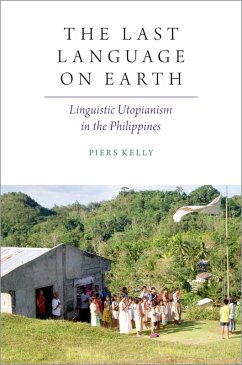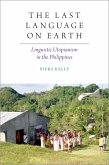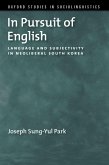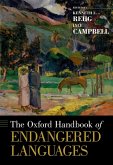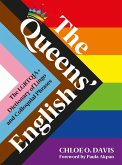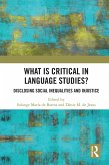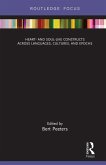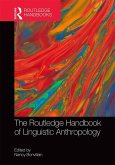The Last Language on Earth is an ethnographic history of the disputed Eskayan language, spoken today by an isolated upland community living on the island of Bohol in the southern Philippines. After Eskaya people were first 'discovered' in 1980, visitors described the group as a lost tribe preserving a unique language and writing system. Others argued that the Eskaya were merely members of a utopian rural cult who had invented their own language and script. Rather than adjudicating outsider polemics, this book engages directly with the language itself as well as the direct perspectives of those who use it today. Through written and oral accounts, Eskaya people have represented their language as an ancestral creation derived from a human body. Reinforcing this traditional view, Piers Kelly's linguistic analysis shows how a complex new register was brought into being by fusing new vocabulary onto a modified local grammar. In a synthesis of linguistic, ethnographic, and historical evidence, a picture emerges of a coastal community that fled the ravages of the U.S. invasion of the island in 1901 in order to build a utopian society in the hills. Here they predicted that the world's languages would decline leaving Eskayan as the last language on earth. Marshalling anthropological theories of nationalism, authenticity, and language ideology, along with comparisons to similar events across highland Southeast Asia, Kelly offers a convincing account of this linguistic mystery and also shows its broader relevance to linguistic anthropology. Although the Eskayan situation is unusual, it has the power to illuminate the pivotal role that language plays in the pursuit of identity-building and political resistance.
Dieser Download kann aus rechtlichen Gründen nur mit Rechnungsadresse in A, B, BG, CY, CZ, D, DK, EW, E, FIN, F, GR, HR, H, IRL, I, LT, L, LR, M, NL, PL, P, R, S, SLO, SK ausgeliefert werden.

